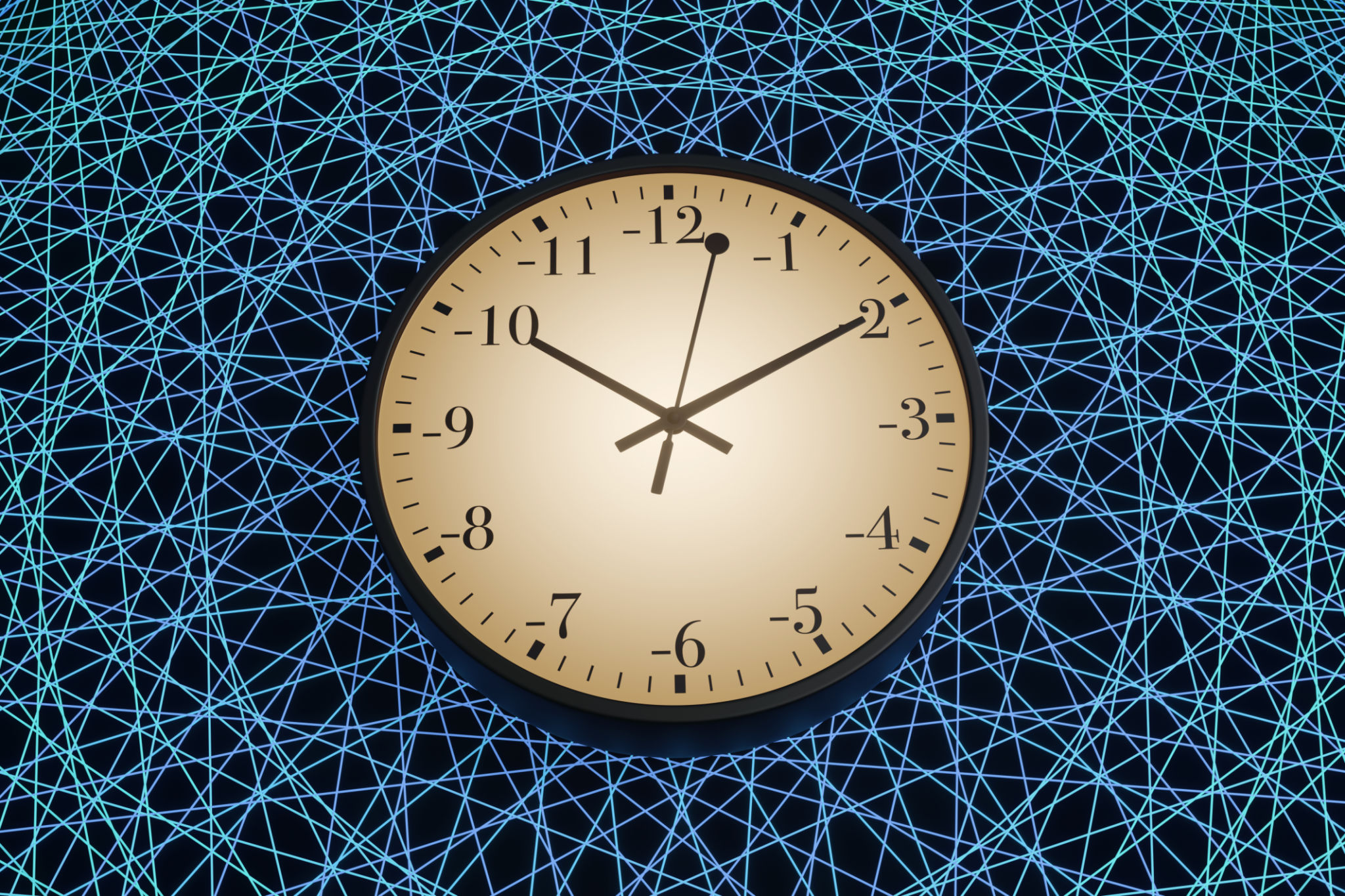Debunking Myths: The Truth About Quantum Healing Hypnosis for Pain Relief
Understanding Quantum Healing Hypnosis
Quantum Healing Hypnosis (QHH) is a technique that has garnered attention for its potential in pain relief. Developed by Dolores Cannon, this method combines elements of hypnosis and spirituality to access deeper parts of the subconscious mind. While it has its advocates, many people are skeptical about its effectiveness. Let's explore the myths surrounding QHH and uncover the truths behind this intriguing practice.

Myth: Quantum Healing Hypnosis Is Just a Placebo
One of the most common misconceptions about QHH is that it is nothing more than a placebo effect. While the power of belief can play a significant role in healing, QHH practitioners argue that the technique goes beyond mere suggestion. By accessing the subconscious, QHH aims to identify and address the root causes of pain, which can lead to genuine relief.
Studies in the field of hypnotherapy suggest that hypnosis can alter brain activity and perception, providing evidence that QHH might have more substantial effects than a simple placebo. However, more research is needed to fully understand its mechanisms and efficacy.
The Role of the Subconscious in Healing
A key aspect of QHH is its focus on the subconscious mind. Proponents believe that the subconscious holds the answers to our physical and emotional issues. By tapping into this level of consciousness, individuals may uncover past traumas or beliefs that contribute to their pain.

During a QHH session, a trained practitioner guides the individual into a deep state of relaxation. This state allows for the exploration of the subconscious, potentially revealing insights and fostering healing. Many clients report feeling more at peace and experiencing a reduction in pain after sessions.
Myth: Quantum Healing Hypnosis Is Only for Spiritual Believers
Another myth is that QHH is solely for those who adhere to spiritual or new age beliefs. While QHH does have spiritual elements, it is not exclusive to those with such beliefs. People from various backgrounds have reported benefits from the practice, suggesting that its effectiveness may not be limited to a specific worldview.
Some individuals approach QHH with an open mind, viewing it as an alternative therapy rather than a spiritual journey. This perspective allows for a broader acceptance and exploration of what QHH can offer in terms of pain relief.

Real-World Applications and Anecdotal Evidence
While scientific research on QHH is limited, anecdotal evidence from practitioners and clients supports its potential for pain relief. Many individuals have shared personal stories of how QHH helped them manage chronic pain, improve their mental health, and enhance their overall well-being.
These experiences, though subjective, highlight the possibility that QHH could be a valuable tool for those seeking alternative methods to alleviate pain. However, it is important for individuals to approach QHH with realistic expectations and an understanding of its current limitations.
Conclusion: The Future of Quantum Healing Hypnosis
In conclusion, Quantum Healing Hypnosis offers an intriguing approach to pain relief that challenges conventional methods. While myths persist, the potential benefits of QHH make it worth considering for those exploring alternative therapies. As interest grows, further research may provide a clearer picture of its effectiveness and place in pain management strategies.
Ultimately, whether one views QHH as a spiritual practice or a therapeutic technique, its ability to foster introspection and promote healing makes it a compelling option for individuals seeking new ways to address pain.
